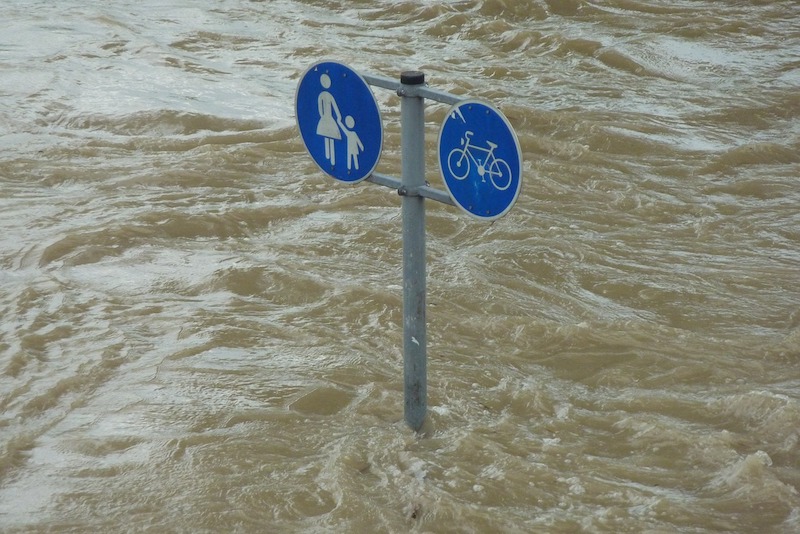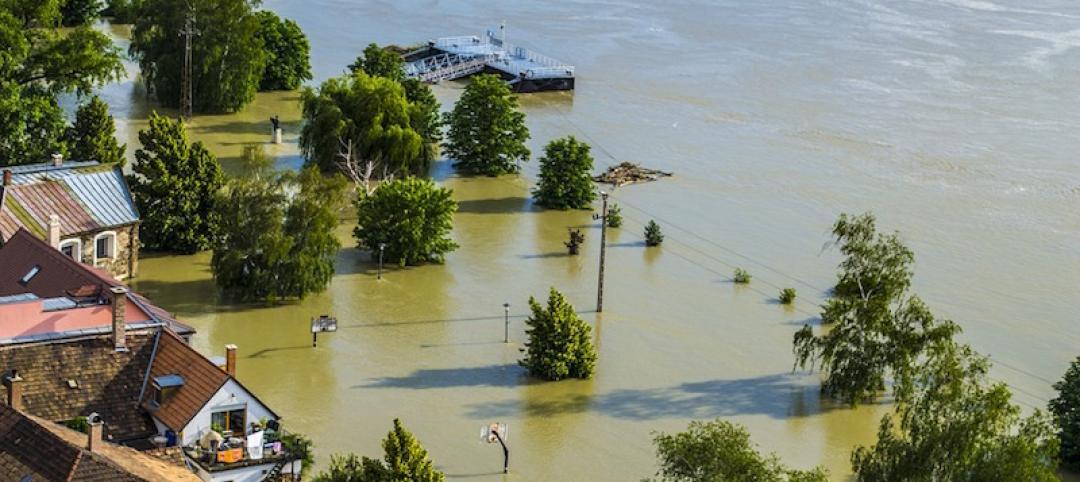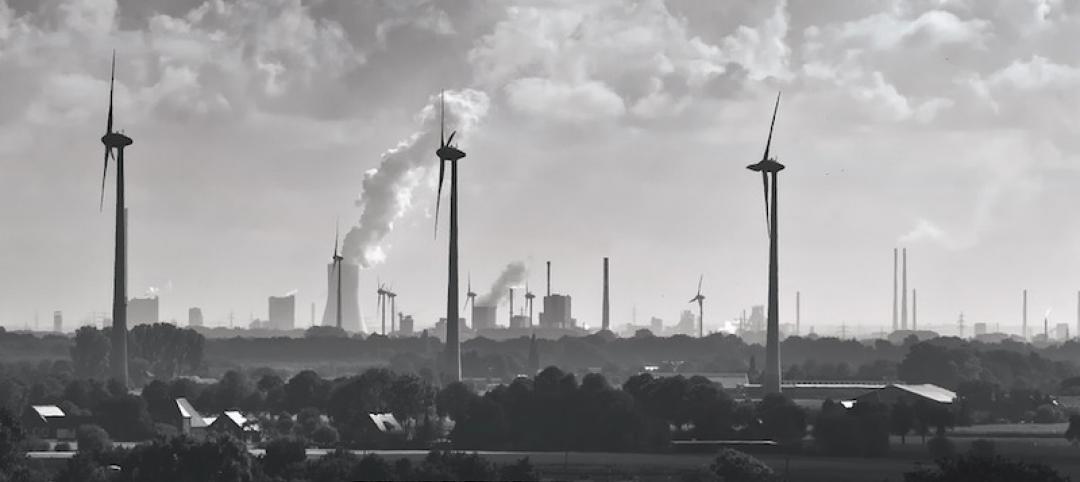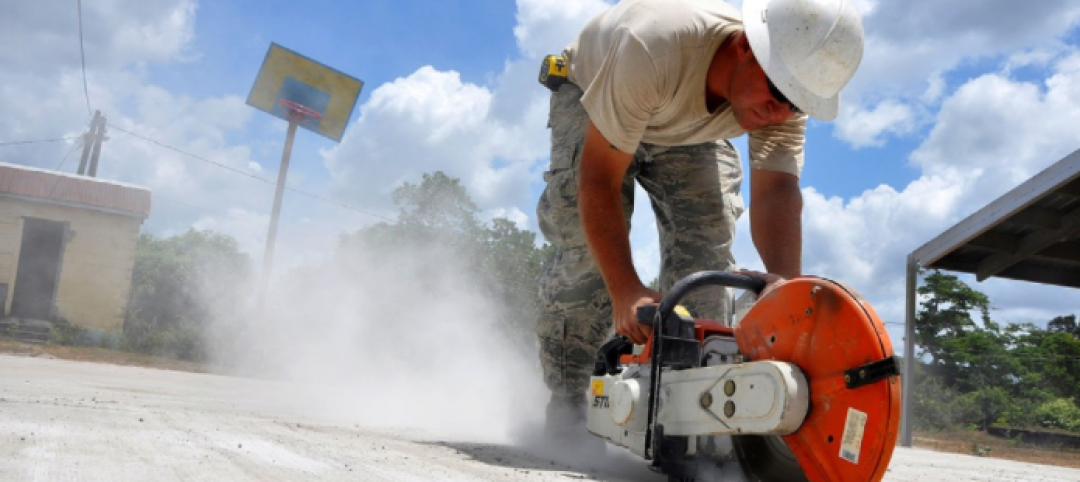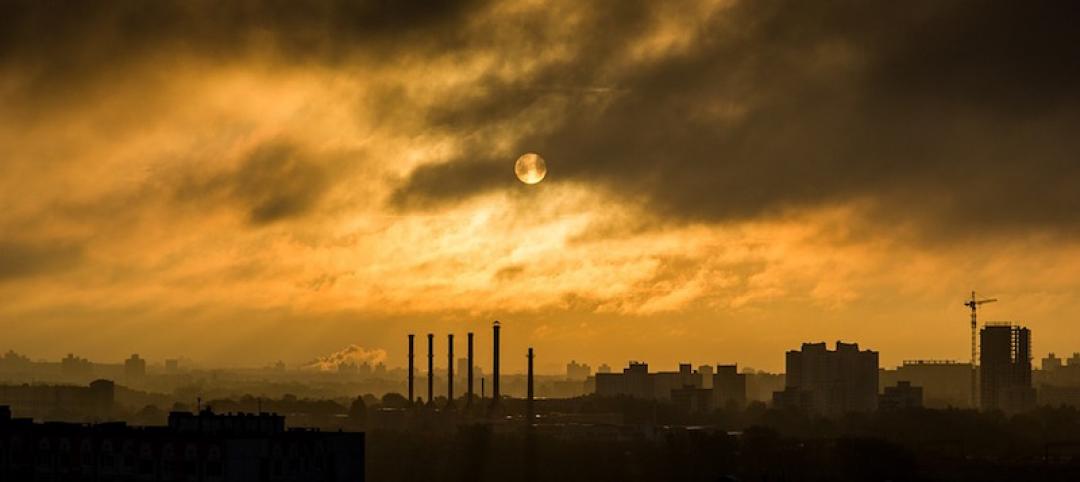Ellicott City, Maryland suffered its second damaging “1,000-year” flood in two years last month.
The city is in a vulnerable location at the foot of a hill where river branches meet the Patapsco River. Another factor, a lot of impermeable concrete, exacerbated the flood.
Ellicott City has thrived in recent years with robust development. About one-third of the watershed that feeds into the historic community is now covered by roads, rooftops, sidewalks, and other hard surfaces.
Since the first major flood in 2016, the county has designed and engineered more stormwater retention facilities, but these projects will take time to implement. Across most of the U.S, impermeable surfaces make up just 1% percent of the land. In many cities, though, hardscapes account for 40% or more of the land area, leaving them vulnerable to floods.
Related Stories
Codes and Standards | Sep 7, 2017
More than half of Houston properties at high or moderate risk of flooding are not in FEMA flood zone
Properties outside of these zones are not required to carry flood insurance.
Codes and Standards | Sep 6, 2017
Seventy percent of contractors have trouble finding workers
AGC survey indicates that fewer companies may be able to bid on projects.
Codes and Standards | Sep 5, 2017
New CTBUH initiatives to investigate link between fire and façades
In wake of Grenfell tragedy, Council forms new workgroup.
Codes and Standards | Sep 1, 2017
U.S. markets with the largest hotel construction pipeline
New York has the largest hotel construction pipeline of any U.S. market.
Codes and Standards | Aug 30, 2017
Trump rescinds elevation requirements for federally funded buildings and infrastructure
Flood protection on subsidized housing, hospitals, and other public buildings rolled back.
Codes and Standards | Aug 30, 2017
Stormwater runoff mitigation pays off for some building owners
Rain gardens, green roofs, cisterns, and rainwater recycling add value.
Codes and Standards | Aug 28, 2017
Commercial properties address state carbon-reduction policies
EV charging stations, batteries, and microgrid technology are all part of effort to meet demand for cleaner power.
Codes and Standards | Aug 24, 2017
OSHA silica dust exposure enforcement begins Sept. 23
Vacuum dust collection, water-delivery systems, and respirators will be required.
Codes and Standards | Aug 18, 2017
Cool roofs may increase air pollution
California’s requirement for cool roofs on new non-residential buildings could promote smog.
Codes and Standards | Aug 17, 2017
Black market sales of OSHA training certifications plague New York City construction industry
Task force formed to get fake training cards off the streets and workers properly trained.


